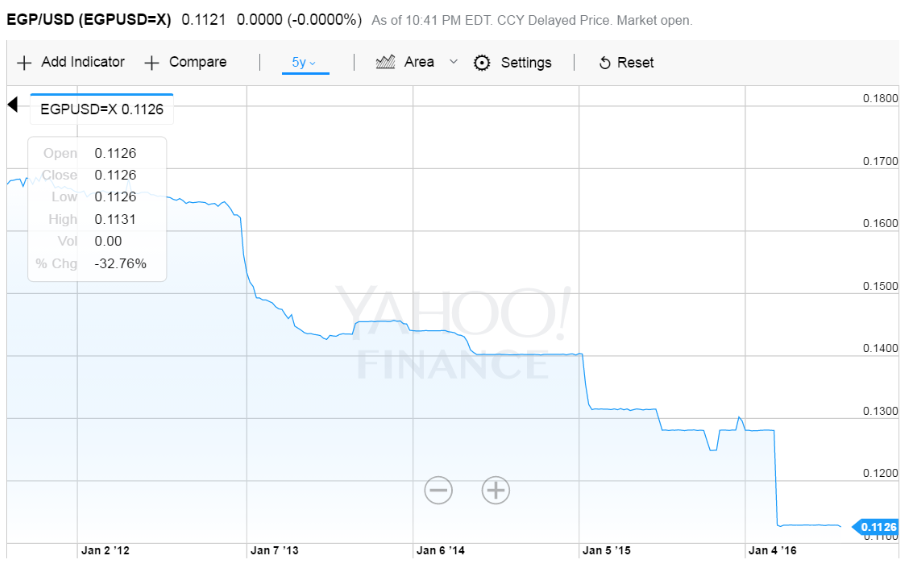For FP: Transitions.

I don’t know much about the code of conduct of U.N. Peacekeepers, such as those deployed in the United Nations Mission for the Referendum in Western Sahara (MINURSO). But I’m going to assume that it’s probably OK for peacekeepers to post photos of people that they meet on their Facebook group even if they are politically sensitive.
But on the other hand, I presume that sitting in a tent with the young Sahrawis (whose conflict with Morocco MINURSO is supposed to be monitoring), across from a giant Sahrawi flag, and stating that “the land is your land and no one will take it away from you,” while making references to the Egyptian revolution, and urging them to think of “the creation of MINURSO as being in your favor,” is probably a no-no.
Unfortunately this is precisely what one officer did. On video.
[youtube http://www.youtube.com/watch?v=7Wb3raJCckc]
The Moroccan public opinion has never looked favorably upon what they perceive as the secession of the Western Sahara; many view MINURSO as merely an accessory to such event.
The conflict long predates the mission though. Historically part of Morocco, the Western Sahara was a Spanish colony between 1884 until 1975, when Moroccan pressure led to the Madrid Accords, splitting the territory between Morocco and Mauritania. The Polisario front, a Sahrawiindependence movement, was less than pleased with that arrangement and waged a guerilla war against both Mauritania and Morocco. The U.N. settlement plan in 1991 led to an end of hostilities, and the establishment of the MINURSO, with the dual mandate of “verifying the ceasefire and cessation of hostilities” between Morocco and the POLISARIO movement, as well as overseeing the preparation of a popular independence referendum for the people of the Western Sahara. Conflicts over voter eligibility have prevented the referendum from taking place, with no plans to conduct it in the foreseeable future. In the meantime, the Mission remains in place to monitor the violence.
Furthermore, over the past two weeks, suggestions within the U.N. Security Council (UNSC) to enlarge the mandate of MINURSO to include human rights monitoring in the Western Sahara, were naturally severely criticized by Moroccan political forces across the board.
It is in this context that this video scandal emerged. As you can probably imagine, the Moroccan blogosphere is not elated.
Apparently first published by Telexpresse (a relatively unimportant news website), the undated video was published under the headline [Ar.] “Danger: Video showing two members of MINURSO incite detainees in Tindouf to revolt.” The article misreports the conversation between the officer and his audience, and ends with this:
“This is the surreptitious and dangerous face of the MINURSO forces in the Moroccan desert, and shows the covert role that its members continue to perform against international norms and convention, not to mention the sexual scandals and misconduct carried out by these elements within the country, infiltrating the Islamic rituals and modesty”
Granted, all online coverage wasn’t that insane, but not much less so.
The officer in question is an Egyptian major identified by news websites as Hany Mustafa Hamad Ali. In the video he is shown flanked by a second soldier, an Argentine identified as Julio Estibar Eduardo. Ali is already the subject of a Facebook petition, created on Monday, demanding his expulsion.
Admittedly, most of the officer’s “advice” in the video is pretty ridiculous — the ramblings of man enjoying the uninterrupted attention his insignia confers him — but that in no way excuses his behavior, particularly in a region that, more than a mere disputed territory, is a matter of national pride for every Moroccan. The video also felt like a betrayal: Like most Arab countries and the League of Arab States, Egypt recognizes the territorial integrity of Morocco and its sovereignty over the Sahara. But the Arab League’s support on this question has since been modest, as the League prefers to defer the matter to the UNSC. The Western Sahara issue failed to make it to the Arab League’s list of regional “Issues and Crises” [Ar.], and in 2012 the League’s Secretary General Nabil El-Arabi was quoted [Ar.] in an Algerian newspaper as asserting the right of the Sahrawi people to self-determination – the League was prompt to deny that such a statement was issued and that he had been misquoted. But that may not have fully succeeded in convincing Morocco of the Arab League’s full support on this issue.
In the meantime, anti-Egyptian slurs are emerging on Moroccan social media, and anti-MINURSO sentiment is extremely high.
On Thursday, the UNSC renewed MINURSO’s mandate, after the United States withdrew its proposal to enlarge it. It is doubtful that the video would have repercussions on the presence or mandate of the mission. It could however harm the fragile balance that exists between Morocco and MINURSO, especially if popular pressure intensifies.
As for Egypt and Morocco — well, relationships between North African states have soured for much less. This could potentially go much further.
Neither MINURSO nor Egypt have, as of yet, issued any statement regarding the matter. They’d better do, and fast. Disciplinary measures, including the removal of said officer from the mission, would be a good beginning.



